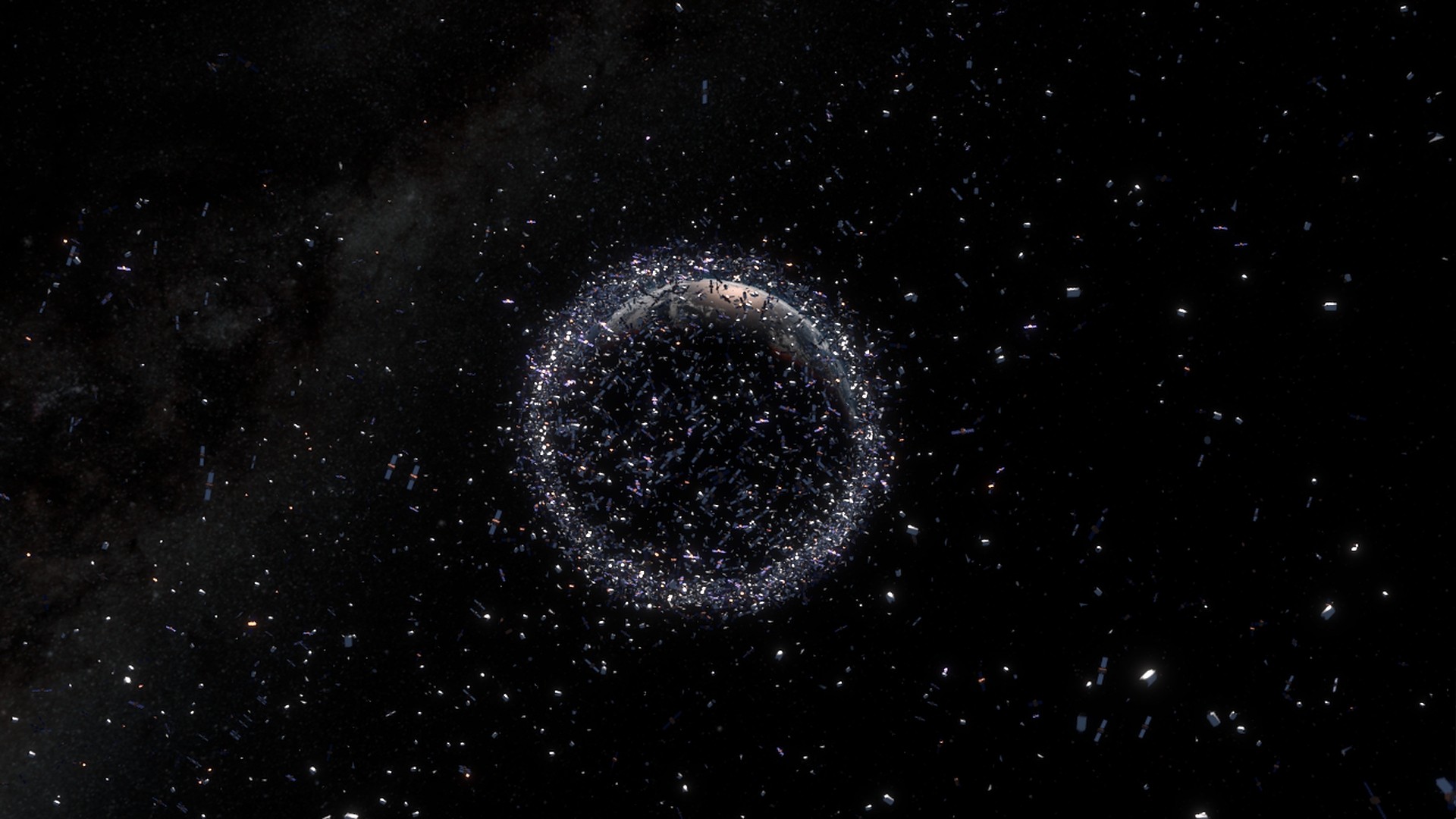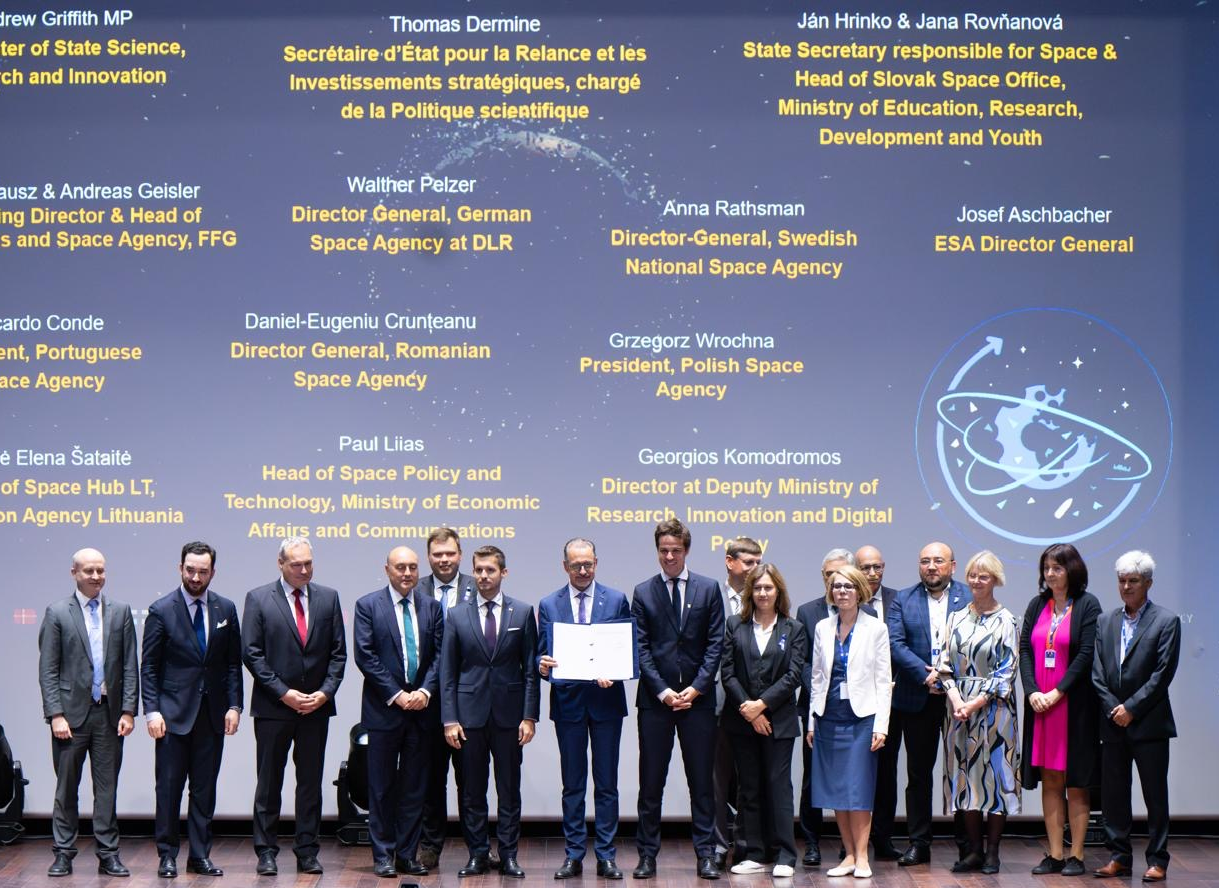
Earth orbit is becoming increasingly polluted.
NASA estimates that at least 500,000 pieces of debris 1 cm or greater circle our planet; ESA estimates more than 1 million. As the number of spacecraft we launch into orbit or beyond grows, so too does the amount of debris we leave in their wake. Uncontrolled debris is sharp and fast-moving, and if pieces of debris smash into each other, their numbers can multiply.
Space debris is a clear danger to humans on the two space stations currently in orbit, and it can damage or destroy satellites that perform crucial tasks ranging from communications to navigation to weather and climate monitoring. In an effort to preempt that problem, ESA and some of its member states have signed the non-binding Zero Debris Charter, committing themselves to take steps to help tackle the orbital debris problem.
Related: Space debris could be dealt with more cheaply than previously thought, new NASA report suggests
Although the Charter is non-binding, it is one of the first international agreements to clearly mind the debris that missions leave behind. The Charter delineates a list of goals to be achieved by 2030. Its signatories aim to reduce the risk that a mission will produce debris from collisions to 1 in 1,000 or lower — and the risk of a re-entering object causing a human casualty to 1 in 10,000 or lower.
Signatories also promise to clear orbits after missions, using "external means" such as clean-up spacecraft if necessary, and to better share debris tracking data.
"ESA has committed to a Zero Debris approach, driving a comprehensive internal transformation towards more sustainable practices," said ESA's head of space safety Holger Krag. "As part of its efforts ESA has facilitated the community-led development of the Zero Debris Charter, a source of inspiration uniting many of our partners around the world behind a common goal," Krag said in an ESA statement.
In addition to ESA, 9 of the agency's 22 full member states — Austria, Belgium, Estonia, Germany, Poland, Portugal, Romania, Sweden, and the United Kingdom — have signed the charter. ESA associate member Lithuania is also a signatory, as are Cyprus and Slovakia, who have signed cooperation agreements with the agency.

ESA did not write the Charter, and countries and space agencies are not the Charter's only beneficiaries. First introduced in July 2023, the Charter was hammered out through a series of public comments and workshops over the following months. There, private companies, universities, and other NGOs collaborated to chisel out the Charter's fine details.
On June 6, the Charter is expected to pop up at the ILA Berlin air show — where some of those non-state groups are expected to sign the Charter.







